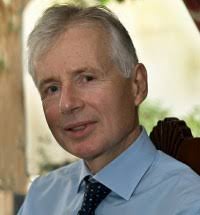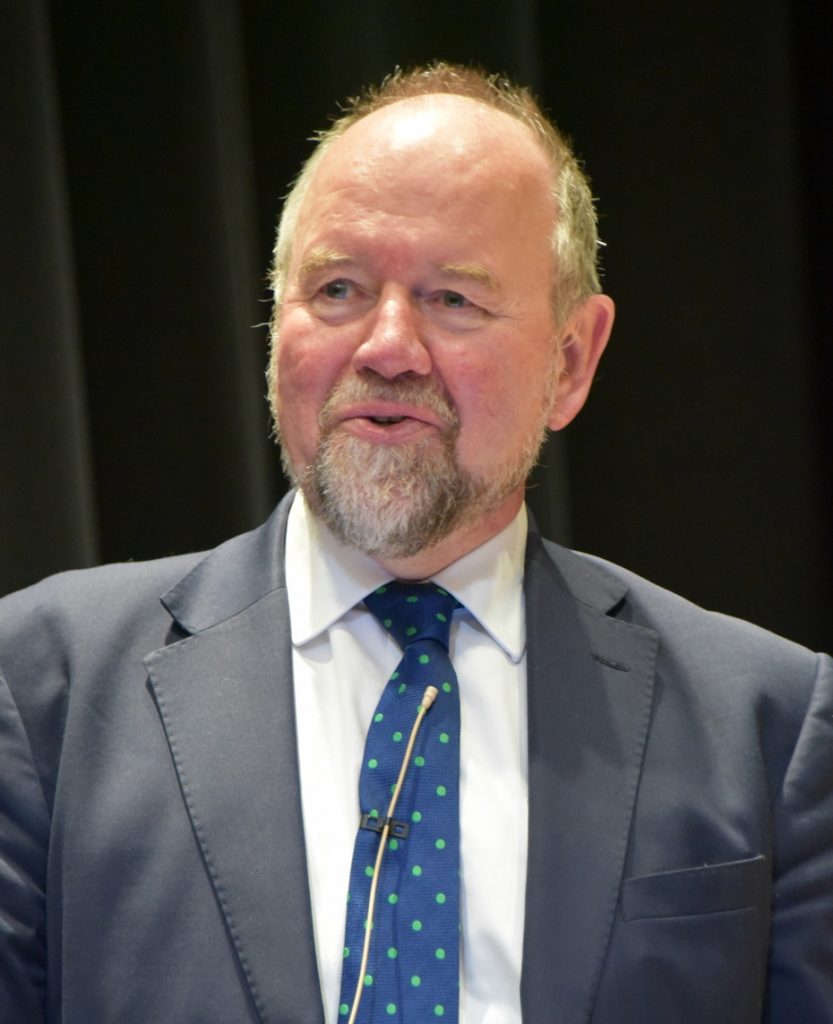Speakers: Sir Tom Phillips and Sir Vincent Fean
Chairing the debate: Prof. Yossi Mekelberg, Professor of International Relations at Regent’s University, London and senior consulting research fellow for the MENA programme, Chatham House.
OneVoice Europe hosted an event on 26th June to discuss Britain’s role in Israel-Palestine with the prospect of Brexit, Trump’s ‘Deal of the Century’, and Israel’s annexation of illegal West Bank settlements. Sir Tom Phillips, former Ambassador to Israel, and the Balfour Project’s Sir Vincent Fean, former Consul-General, Jerusalem, shared their expertise.

Prof. Mekelberg introduced the discussion. President Trump’s son-in-law, Jared Kushner, was in Manama (Bahrain) to launch “Peace to Prosperity”, the US version of “economic peace” that made no mention of Palestine as a state, nor of ’67 borders, nor of Jerusalem, nor of refugees, nor of settlements… Certainly not of ending the Occupation which began in 1967. “Economic peace” would not fly. Manama was an episode, not the answer.
Sir Tom Phillips listed 10 reasons why the Israeli/Palestinian conflict was insoluble, referring to an article he wrote for Prospect magazine.

Only the US had the influence to push for a resolution of the conflict, and the US couldn’t make that push. Moreover, the US was not an honest broker: even before the arrival of President Trump, the Americans would pre-cook a proposal with the Israelis, then present it to the Palestinians. The complexity of the final status issues meant that it was tempting to adopt a step by step, piecemeal approach – but “Incrementalism doesn’t work, the key issues of Jerusalem and the Right of Return must be addressed”. He understood why the Palestinians argued that nothing is agreed until everything is agreed.
The world, including the UK, was “engaging in conflict management and not conflict resolution”. It suited the UK to leave the leadership to the Americans, partly to avoid responsibility for failure. The second Intifada, the Arab Spring and popular uprisings in the Arab world meant that Israelis feared Hamas seizing power in the West Bank. Both Sir Tom and Sir Vincent wanted Britain to talk to Hamas. “The lesson of every peace process is to talk to the people with guns, and until you do so, nothing will get done”. Sir Tom concluded that the evidence was that no one in the international community cared enough to expend the political capital needed to make a real, positive difference to this conflict. In the end, “Only the US can; and even the US can’t”. Sir Tom and Sir Vincent agreed that the EU as a whole was incapable of reaching a consensus on new thinking with regard to this conflict.
Sir Vincent’s speech was about hope, which was essential to life. Hope that there can be a just and peaceful end to the conflict, and that Britain can play its part. He described the educational work of the Balfour Project (www.balfourproject.org) and its mission:
“Acknowledging Britain’s continuing historical responsibilities, through popular education and advocacy to persuade the British Government to recognise the state of Palestine alongside the state of Israel and to uphold equal rights”.

He emphasised that the Balfour Project does not (not) seek a British Government apology for the Balfour Declaration, adding that he wished Israel wellbeing and prosperity within its pre-June 1967 borders. But the occupation which began in June 1967 must end. Despite the impression of general amnesia about the protracted conflict, he stated: “It is worth remembering that this issue generates one-third of the correspondence received by the Foreign and Commonwealth Office, indicating that this issue remains a deep concern for British citizens, regardless of their political affiliation”.
The Balfour Project sought “the recognition of the Palestinian state alongside the state of Israel, as Palestine does meet all the criteria for statehood under International Law, and the Palestinian people have the acknowledged right to self-determination”. 137 of the 193 UN members had recognised Palestine. Recognition of both states – Israel and Palestine – was the established policy of the UK and the EU. The question was when to do it, not whether to do it. Britain recognised Israel in 1950. He believed deeply that recognition of Palestine now would “stimulate positive change in our own mindsets towards this conflict, in the UK and abroad”. He listed several European states potentially joining the United Kingdom in recognising Palestine: France, Ireland, Spain, Portugal, Belgium, Luxembourg, Slovenia…
He warned that Prime Minister Netanyahu’s electoral promise (in April) to annex West Bank settlements was an “existential threat” to the outcome of two sovereign, independent states which is UK/EU policy. Recognition of Palestine now was the logical step for all who sought equal rights for two peoples in two states.
Prof. Yossi Mekelberg then moderated a lively discussion before leaving the audience with the following words:
“Having fatigue about the Israel / Palestine conflict is a form of self-indulgence we simply cannot afford”.
